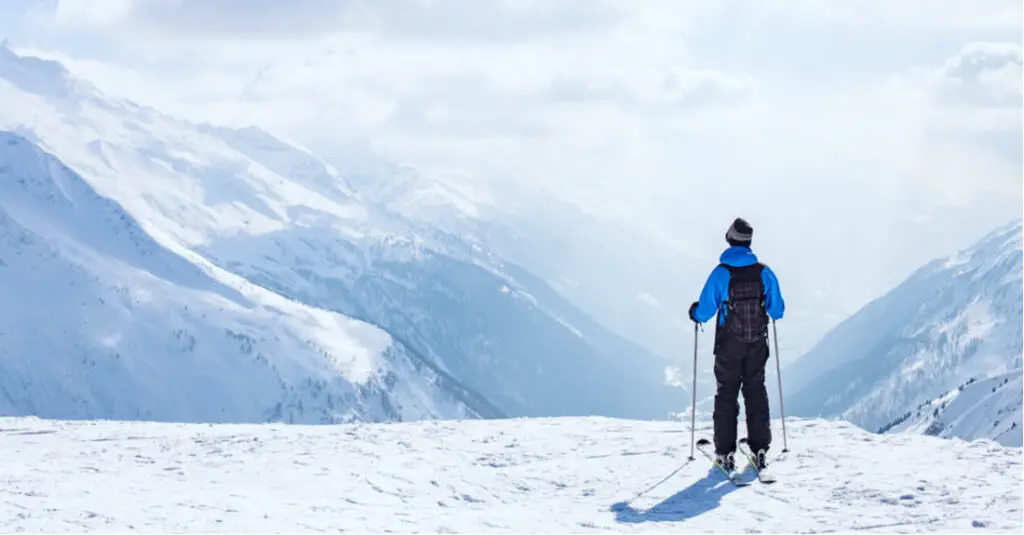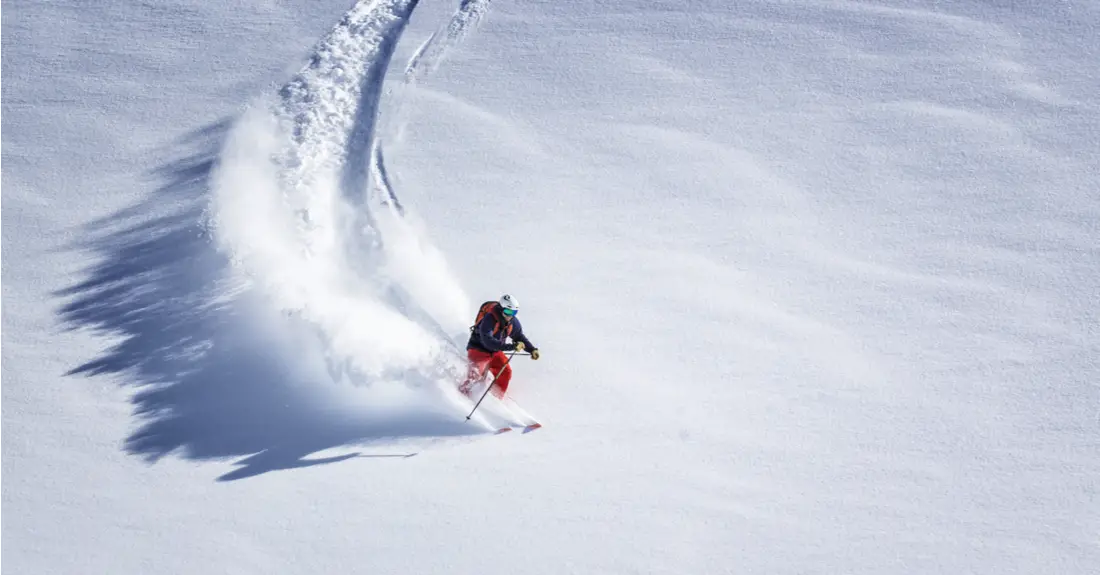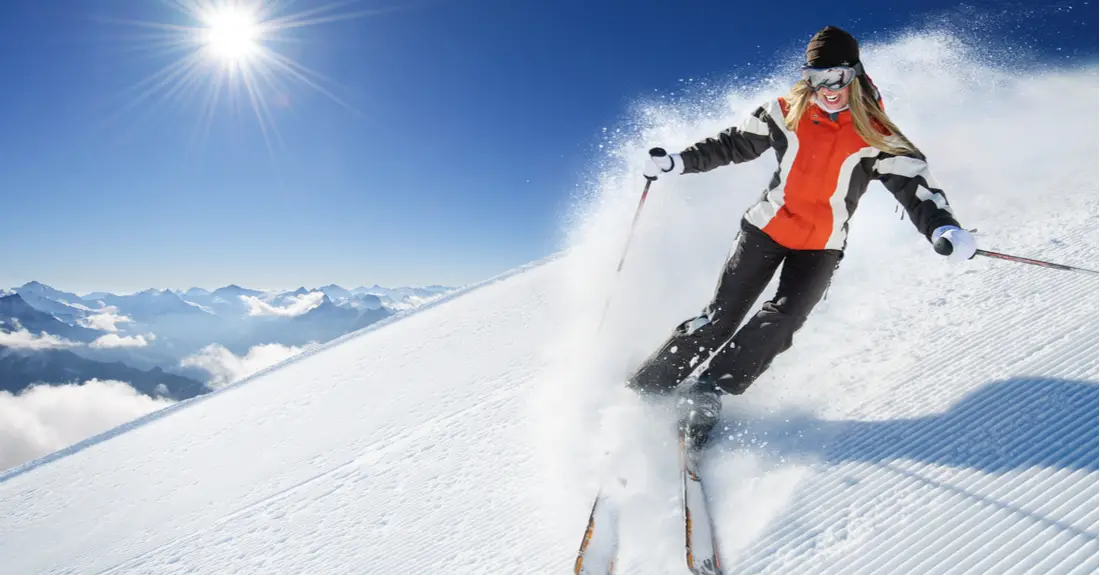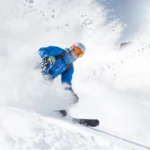6 Tips for Nervous Skiers: How to Be Confident on the Slopes


A couple of falls in short succession, a patch of unexpected ice that sends your heart racing. It can be so easy to unnerve yourself out on the mountain. Feeling afraid really isn’t much fun: instead of looking forward to your next day out on the hill, suddenly you’re anxious. Here are six tips for nervous skiers who need help to relax and find their flow.
Follow these tips to feel less nervous when skiing:
Go out early
If you head out as soon as the lifts start running, you’ll likely have some beautifully groomed runs to play on. Also, there shouldn’t be too many people about, meaning you can feel free to glide without the worry of, say, barreling into a small child or being seen falling over (not that anyone minds).
Buy proper ski goggles
Being stuck in a white-out in fogged-up goggles is enough to make anyone feel tense. If you invest in anything outside of the right boots and skis, invest in a good pair of goggles. Ski store staff will be able to help you consider facts like choosing the right lens color for the conditions you typically ski in. You may also want to opt for a pair with an anti-fog coating.

Do what scares you
There are many anxieties worth heeding: for example, if you’re feeling nervous about taking on a double black diamond for the first time, it may well be because your skill level isn’t yet there. That’s OK. But if you know some of your anxieties are baseless, it’s time for some exposure therapy.
So, if you’ve got it in your head that falling means hurting yourself – and that worry is preventing you from having a good time – find a nice soft patch of snow. Now ski slowly and practice falling while you go. See, it’s not so bad.
Or, say there’s one speedy gondola that’s giving you fear because you don’t know how to ski off it gracefully. Ride that chairlift over and over until you can’t remember what it ever was that you worried about.
Ski according to conditions, not the piste map
Follow your instincts. If it’s an icy day and you aren’t used to such conditions, start the day off with runs that are easier than the ones you normally ski. Once you feel comfortable with these new conditions, you can then move up to your usual level.
Assess where you’re at, today
As important as it is to assess external conditions on the mountain, it’s equally vital that you consider your internal state. If it’s been a long day and you’re all out of mental and physical juice, now is not the best time to test your tired muscles on that epic run. There is, after all, a reason why most ski accidents happen after 3:30 pm. Essentially, tired muscles don’t work as well. The ligaments take on the brunt of this lack of energy, and they’re more likely to tear as a result.

Distract yourself
When you ski, it’s important to keep your body relaxed. Unfortunately, anxiety can get in the way of this ideal state. When the fight or flight system is activated, it causes the muscles in the body to tense. To get past this state of stiffness, try taking your mind off what’s worrying you.
Lots of ski instructors get pupils out of their heads by having them sing as they come down a mountain. But if you’re cringing at the idea of strangers hearing you sing Beyoncé songs, try taking deep calm breaths instead. Or smile ! If even that feels a little too attention-getting, try simply counting in your head.
Now look at you flow.




